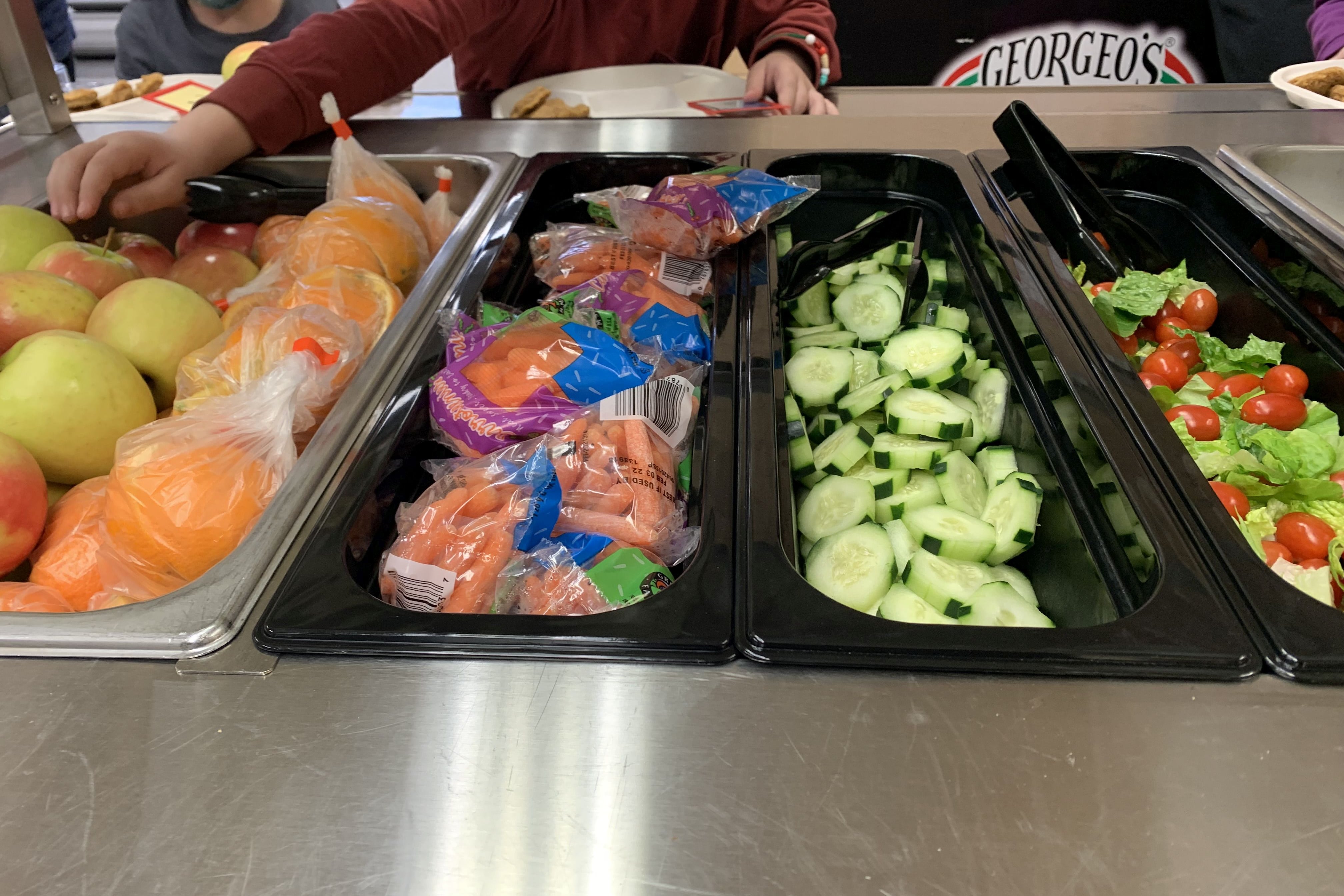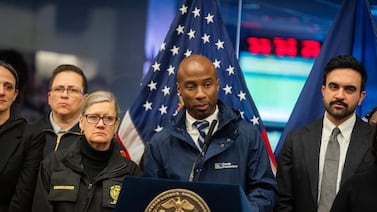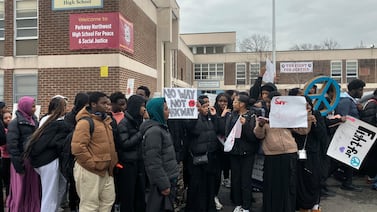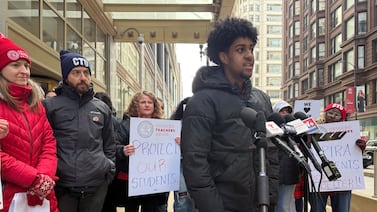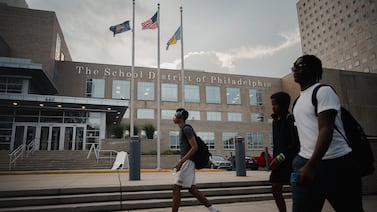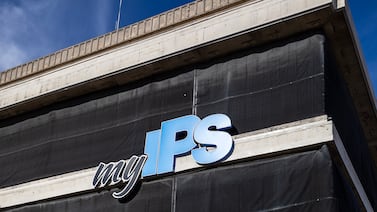This originally aired on The Bell’s Miseducation podcast on June 13.
In 1946, President Harry Truman signed the National School Lunch Act. It aimed to “provide nutritionally balanced, low-cost or free lunches to children each school day.” More than 60 years later, Michelle Obama championed the Healthy, Hunger-Free Kids Act, which required schools to provide students with healthier lunches. Since 2017, New York City has provided free breakfast and lunch to all public school students.
These acts and reforms are great; they seek to ensure that all students receive nutritional meals at school. But in practice, let’s just say the results are… mixed.
Students sit and eat in the cafeteria every day, and yet conversations about education often leave out this crucial element of our daily lives as students.
In this episode I document the quality of school lunches through the perspective of those who eat them: students. I also chat with one of my teachers, who used to help develop school lunch menus and guided me in my search for answers about how lunchtime can be improved.
Get ready listeners, because we’re about to have a food fight!
Tovi Tankoano reported this story for the Bell’s Miseducation podcast as a sophomore at Marble Hill School for International Studies in the Bronx.

